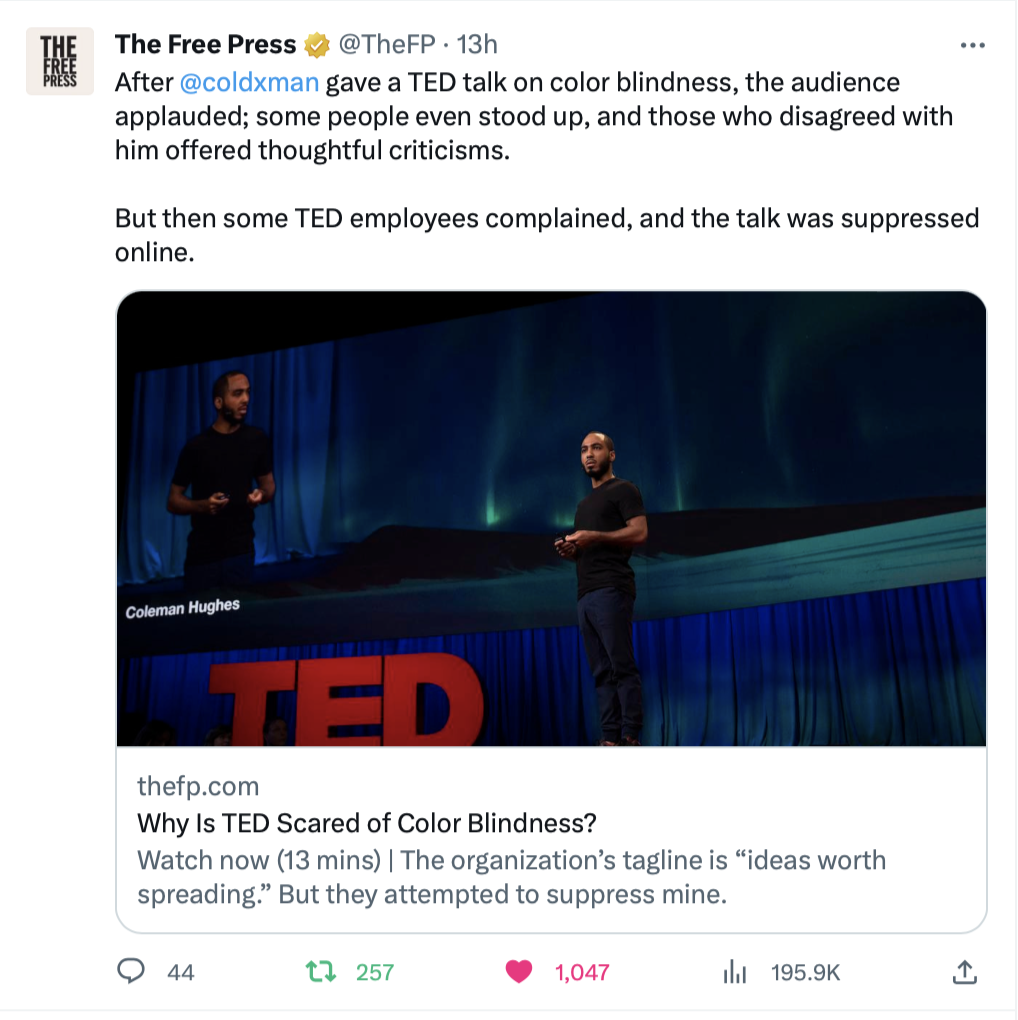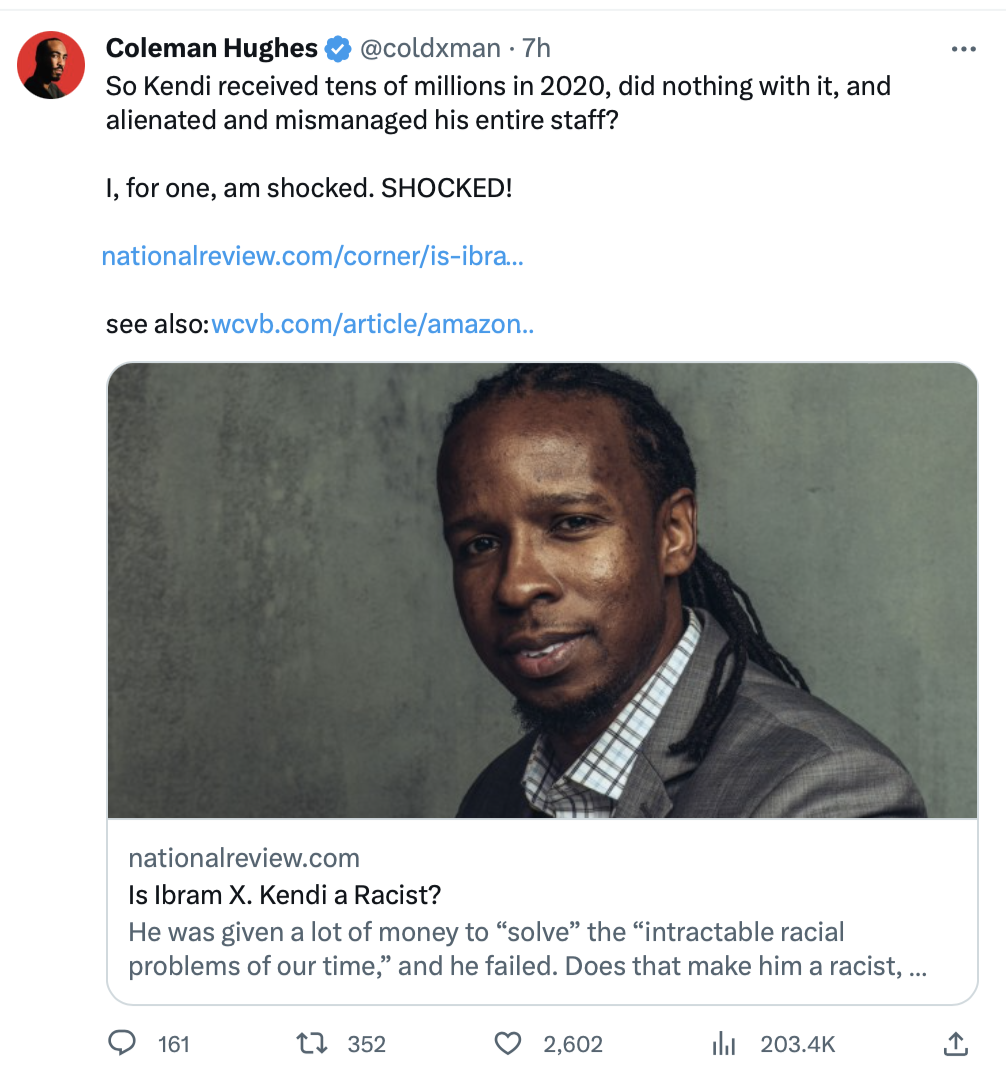Geophysicist Dorian Abbott Discusses the Immorality of DEI Programs
Peter Boghossian sat down to take about the immorality of DEI programs with Dorian Abbot. Intro:
In 2021, the Massachusetts Institute of Technology (MIT) canceled a high-profile lecture by Dr. Dorian Abbot, a renowned geophysicist from the University of Chicago. The topic of the lecture was not the issue. Rather, Dorian was targeted by Social Justice activists because of his critique of DEI ideology. MIT buckled to the demands of a handful of ideologues, inadvertently contributing to discussions about academic censorship.
MIT did not expect the blowback it received for hobbling scientific inquiry in favor of ideological conformity. MIT alumni formed the Free Speech Alliance and its faculty overwhelmingly voted to adopt a university statement regarding freedom of expression. Since then, Dorian has become a leading figure in the fight for academic freedom of thought, speech, and inquiry.
In this conversation, Peter Boghossian and Dorian discuss the MIT fiasco, the proper aim of academia, the immorality of DEI, speech as “violence,” University of Chicago’s commitment to academic freedom, finding meaning through religion and naturalism, Dorian’s rejection of tyrannical “equality” mandates, and much more."
Abbott takes the position that DEI programs are immoral because they are based on racism. Instead, he proposes that hirings should be based on merit, fairness and equality, as he argues in a Newsweek article published August 12, 2021. Excerpt from that article:
DEI violates the ethical and legal principle of equal treatment. It entails treating people as members of a group rather than as individuals, repeating the mistake that made possible the atrocities of the 20th century. It requires being willing to tell an applicant "I will ignore your merits and qualifications and deny you admission because you belong to the wrong group, and I have defined a more important social objective that justifies doing so." It treats persons as merely means to an end, giving primacy to a statistic over the individuality of a human being.
DEI compromises the university's mission. The core business of the university is the search for truth. A university's intellectual environment depends fundamentally on its commitment to hiring the most talented and best trained minds: any departure from this commitment must come at the expense of academic excellence, and ultimately will compromise the university's contribution to society. This point is particularly urgent given that DEI considerations often reduce the pool of truly eligible candidates by a factor of two or more.


